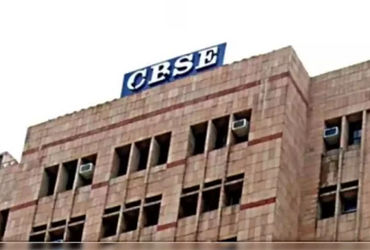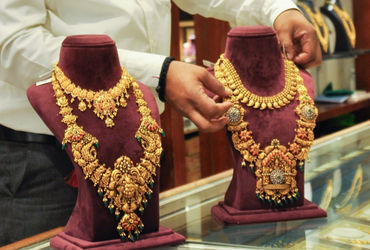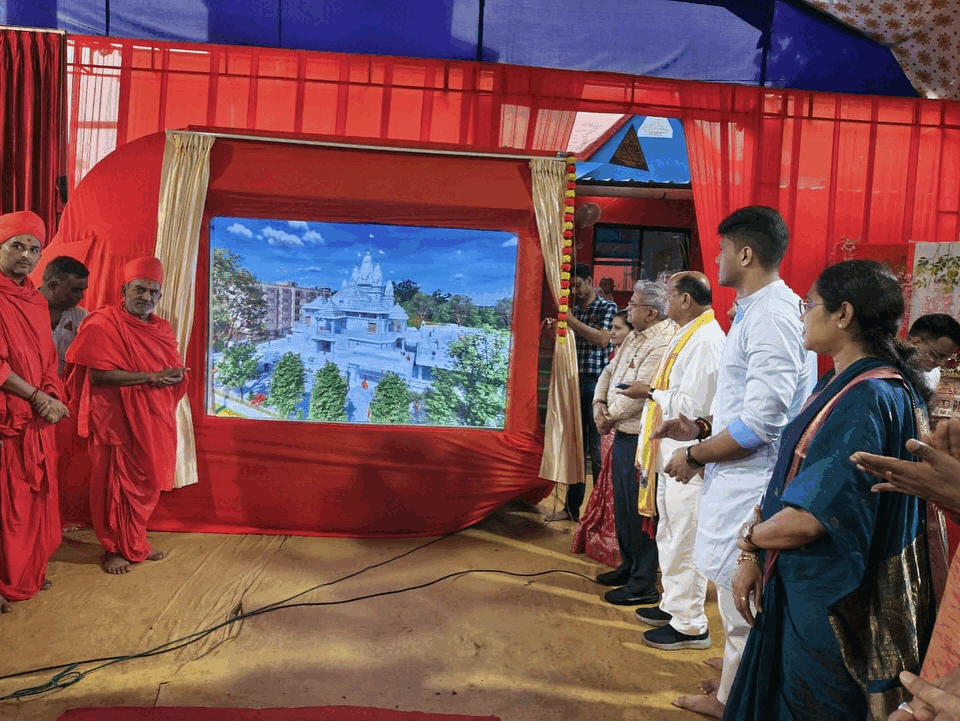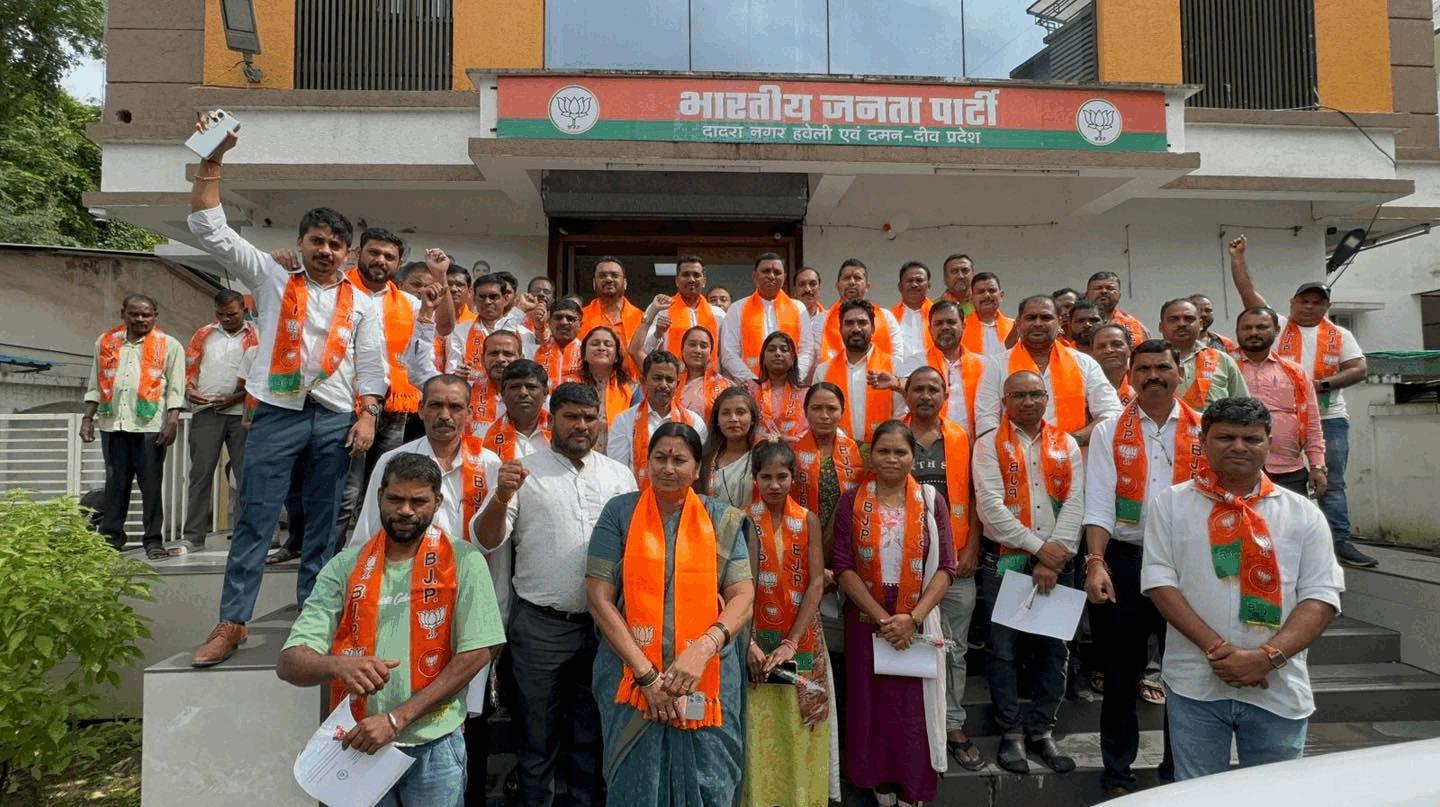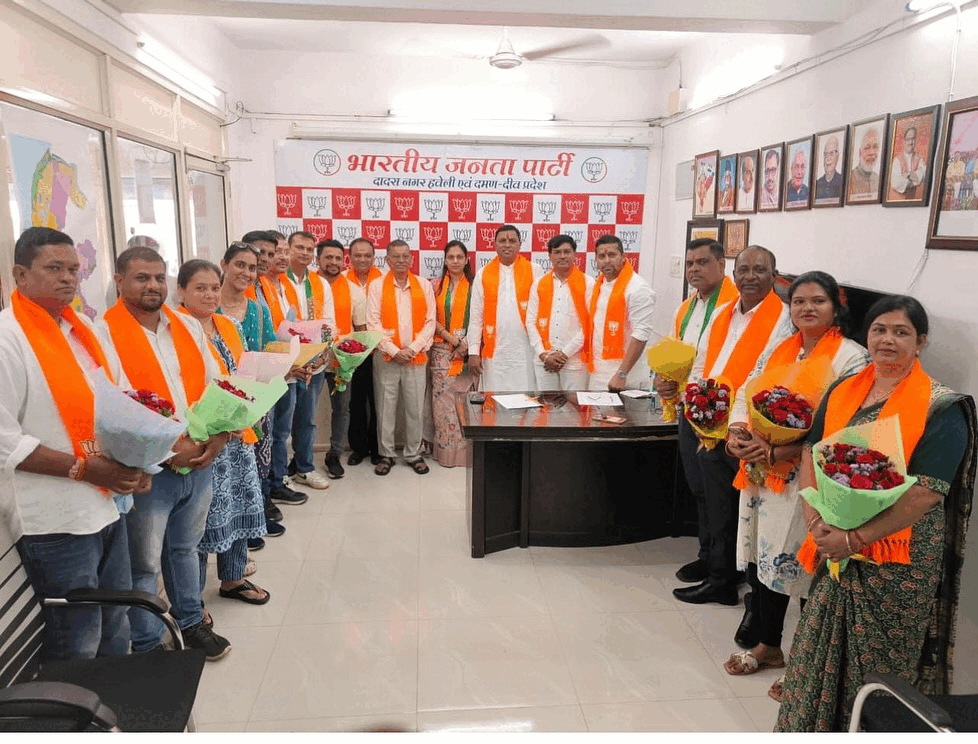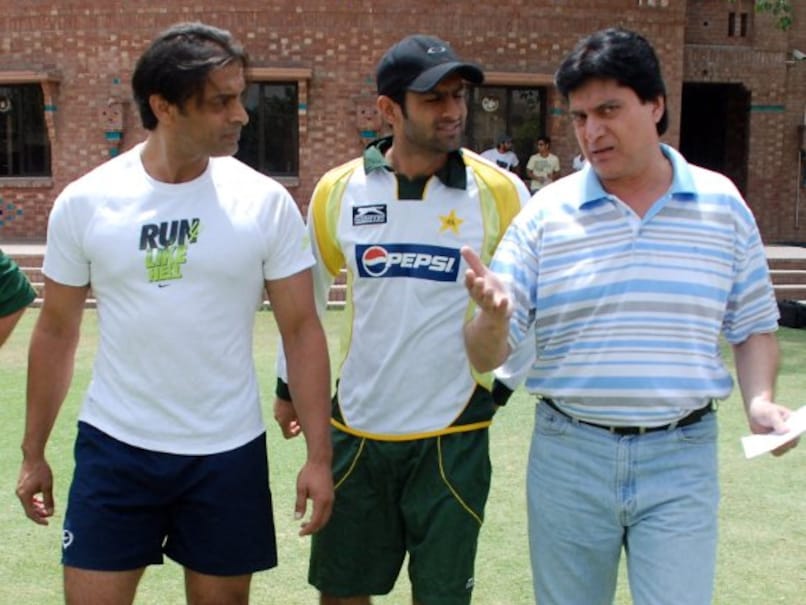The Congo Crisis: A War Fueled by Gold, Not Power
Explore the deep-rooted conflict in the Democratic Republic of the Congo, where gold and other minerals fuel violence, corruption, and a fractured war economy. Learn how militias, the state, and global markets perpetuate one of the world’s most tragic and complex wars.
How Resource Extraction, Armed Militias, and State Corruption Perpetuate Endless Conflict in the DRC

By Press Post International
The Democratic Republic of the Congo (DRC) is home to one of the world’s most enduring and devastating conflicts, but unlike traditional civil wars fought over ideology or control of government, this conflict is driven by something far more lucrative: minerals.
Over the past three decades, eastern Congo has become a battleground not for political dominance but for resource extraction, particularly gold, tin, tungsten, and tantalum. These so-called “conflict minerals” are used globally in everything from smartphones to luxury jewellery, yet their journey from mine to market is soaked in violence and corruption.
A Fractured Conflict With No Clear Frontlines
Unlike classic wars with clear sides, the conflict in the DRC is fractured into hundreds of armed groups, each controlling shifting territories. These groups often engage in illegal taxation, looting, and human rights abuses, sustaining themselves not by capturing state power but by profiting off mineral wealth. This has created what experts now call a “fractal conflict”—a pattern of chaos that repeats at every level.
The Congolese government itself isn’t a stabilising force, often mirroring the behaviour of militias. Military personnel set up roadblocks, extract informal “taxes,” and compete with rebel groups for control of resource-rich areas. This blurred line between state authority and criminality has shattered public trust and allowed the war economy to flourish.
Gold: The Blood-Stained Commodity
Gold is at the heart of this crisis. Artisanal miners, many of them children, work in brutal conditions using primitive tools to extract the metal. They must then pay fees or hand over a portion of their findings to the armed groups or soldiers controlling the region. From there, the gold moves through a shadowy network of middlemen and smugglers, crossing borders into countries like Rwanda and Uganda.
These neighboring nations refine and export the gold—often via the UAE—where its violent origins are obscured. The international gold market, knowingly or unknowingly, becomes complicit in laundering conflict gold.
Roadblocks: The State’s Shadow Governance
The thousands of checkpoints across eastern Congo are more than just military obstacles—they are instruments of informal governance. At each one, civilians are forced to pay bribes to pass. These roadblocks are run not just by militias but also by the Congolese army itself. In this system, extortion replaces taxation, and violence substitutes for law.
These practices entrench the war economy and create a perverse form of “order”—one that brings neither peace nor justice.
International Efforts Fall Short
Efforts like the U.S. Conflict Minerals Act (2010) were designed to choke off financing for armed groups, but in many cases, they have had the opposite effect. Crackdowns have forced local miners out of legal markets, deepening poverty and pushing communities further into dependence on armed actors.
Meanwhile, foreign powers and multinational corporations continue to benefit from Congo’s resources. Rwanda, for example, reportedly profits massively from exporting gold, much of which originates illegally in the DRC.
War as a Livelihood
For many Congolese, war is not just violence—it’s survival. In a country where the state is weak and institutions have crumbled, the war economy provides employment, income, and a form of local order. Armed groups aren’t just fighters—they are tax collectors, regulators, and employers.
Peace, therefore, cannot be achieved through military force alone. Rebuilding a functional, accountable state is essential, but this generational task requires local engagement, global cooperation, and economic alternatives to war.
Final Takeaway: A Crisis Hidden in Plain Sight
The war in Congo is not merely a regional issue; it is deeply connected to the global economy. As long as the demand for minerals like gold remains high—and as long as companies and governments ignore their sources—the conflict will persist.
Behind every gleaming smartphone or gold bracelet may lie the suffering of a Congolese miner, the violence of an armed group, and the silence of the world.
What's Your Reaction?





















